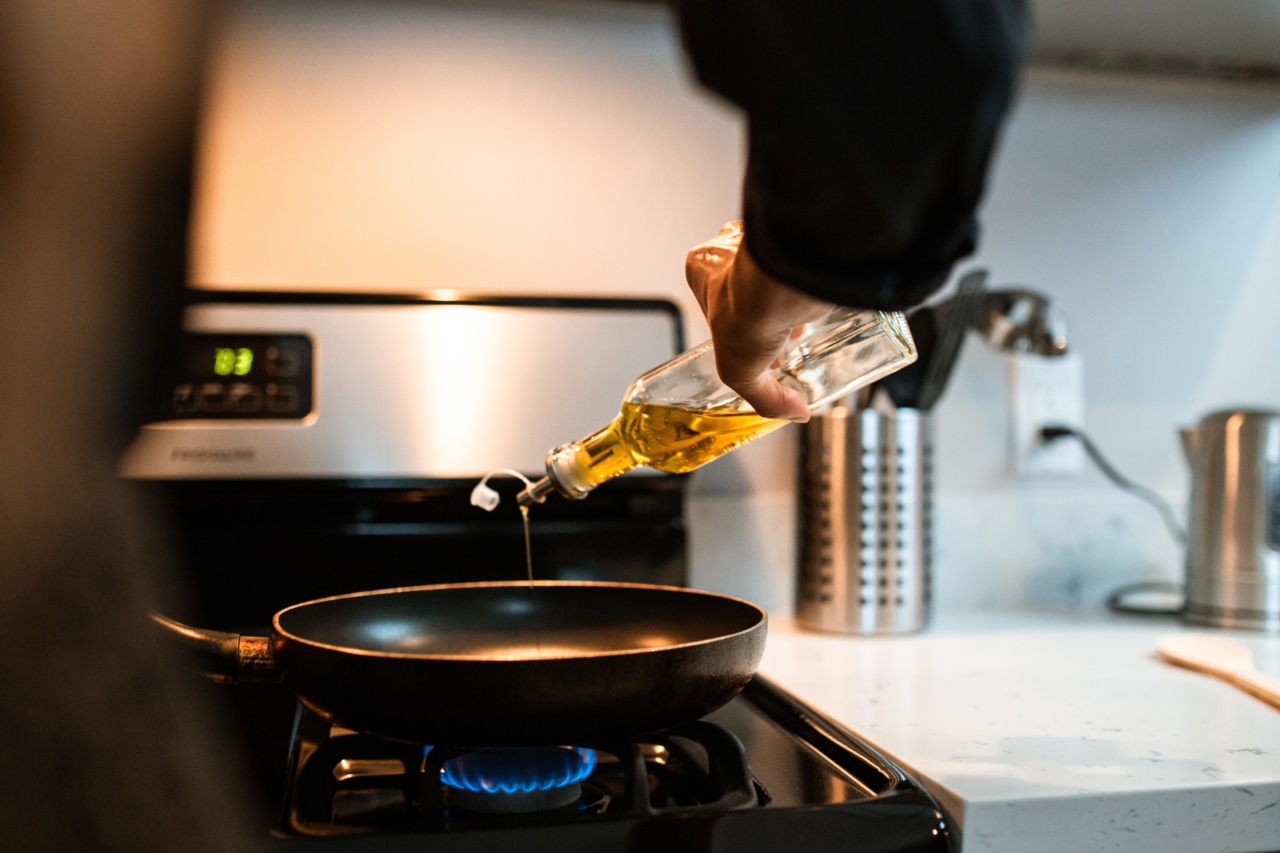Olive oil is a staple ingredient in many Mediterranean and Middle Eastern cuisines. It is not only delicious but also has numerous health benefits. However, there are several myths about olive oil that have been circulating for years.
In this article, we will debunk some of the most common myths about olive oil and provide you with accurate information about this versatile oil.
Myth 1: All Olive Oil is the Same
There are different types of olive oil, and the quality and taste can vary greatly. Extra-virgin olive oil is made from pure, cold-pressed olives, whereas lower-quality olive oils are made using chemicals and heat.
Extra-virgin olive oil is the most flavorful and has the most health benefits.
Myth 2: Olive Oil Cannot Be Used for High-Heat Cooking
While it is true that olive oil has a lower smoke point than other oils, it can still be used for high-heat cooking such as stir-frying, sautéing, and grilling.
The smoke point of extra-virgin olive oil is around 400°F, which is suitable for most cooking methods.
Myth 3: Olive Oil Has a Strong Taste
Contrary to popular belief, not all olive oils have a strong taste. Extra-virgin olive oil has a distinct flavor, but other varieties of olive oil, such as light or refined olive oil, have a milder taste.
You can choose the type of olive oil that best suits your taste preferences and recipe requirements.
Myth 4: Olive Oil is Only Good for Salad Dressing
Olive oil is not just for salad dressing; it can be used in a wide range of dishes, from cooking pasta to baking cakes. It adds a rich flavor to any recipe and can be used in marinades, sauces, dips, and more.
Myth 5: Olive Oil Should Be Stored in the Fridge
Olive oil should not be stored in the fridge as it can cause it to solidify and become cloudy. It is best stored in a cool, dark place away from sunlight, heat, and air.
Myth 6: Using Olive Oil Will Make You Gain Weight
While it is true that olive oil is high in calories, consuming it in moderation can actually help you lose weight. Olive oil contains healthy fats that can help reduce inflammation in the body and improve heart health.
It can also help you feel full for longer and reduce your desire to snack between meals.
Myth 7: Olive Oil Should Not Be Used for Deep-Frying
Deep-frying with olive oil is perfectly safe as long as you use the right type of olive oil and do it correctly.
Extra-virgin olive oil has a lower smoke point than other oils, so it is best to use a different type of olive oil or combine it with another oil such as vegetable oil. You should also make sure the oil is heated to the correct temperature and that the food is not overcrowded in the pan.
Myth 8: Olive Oil Does Not Expire
Olive oil does expire and can go rancid if not stored properly. Most types of olive oil have a shelf life of around two years, but this can vary depending on the quality and type of oil.
It is important to check the expiration date on the bottle and to store olive oil properly to ensure its freshness.
Myth 9: Olive Oil Can Only Be Produced in Mediterranean Countries
Olive oil is mainly produced in Mediterranean countries such as Spain, Italy, and Greece, but it can also be produced in other parts of the world such as Australia, South Africa, and California.
The quality and taste of the olive oil can vary depending on the climate, soil, and harvesting techniques used.
Myth 10: Extra-Virgin Olive Oil is Not Good For Cooking
Extra-virgin olive oil is the best type of olive oil for cooking as it is the least refined and contains the most nutrients. However, it is important not to overheat the oil as it can lose some of its health benefits.
It is best to use extra-virgin olive oil for low to medium heat cooking and to save the more expensive oils for drizzling on salads and other cold dishes.




























